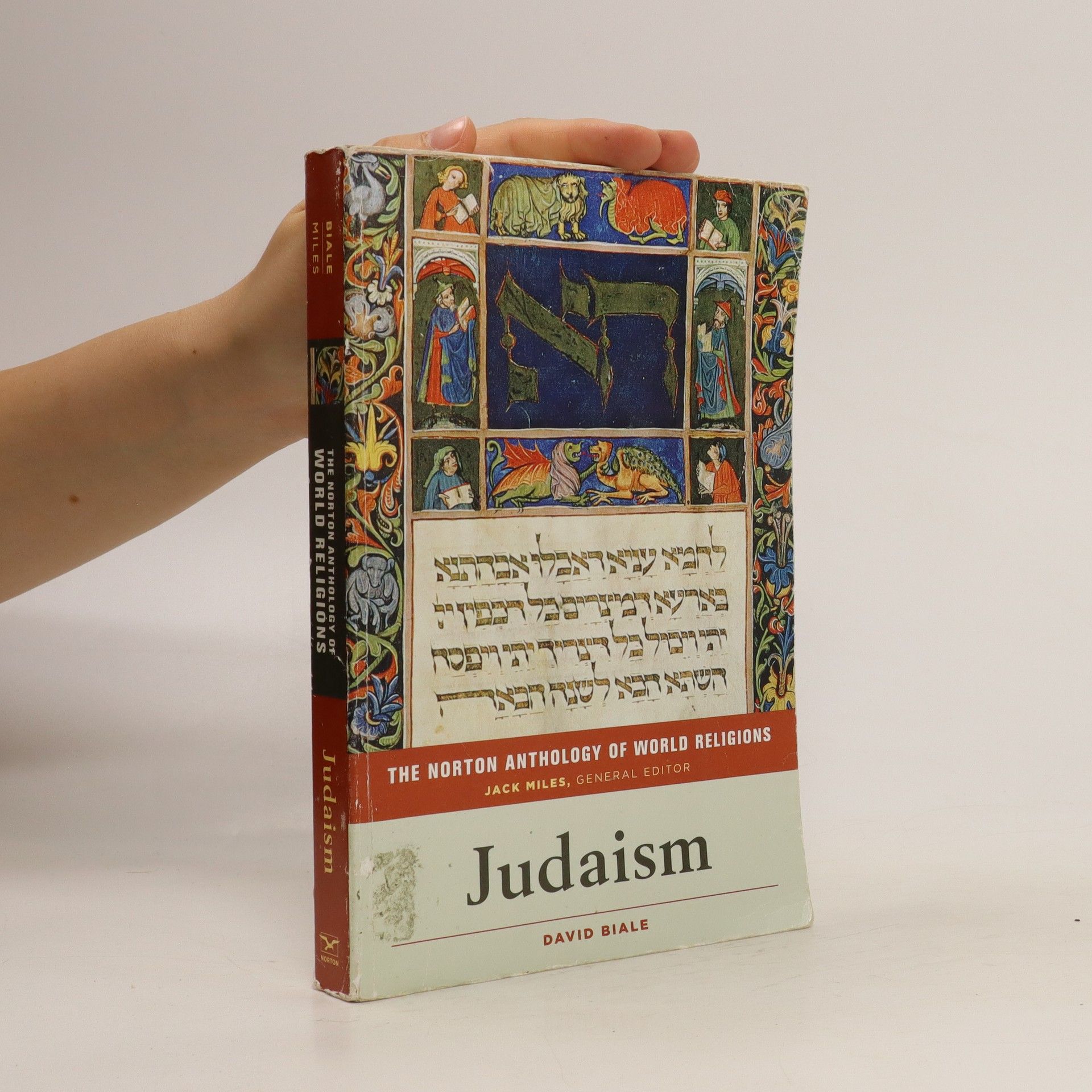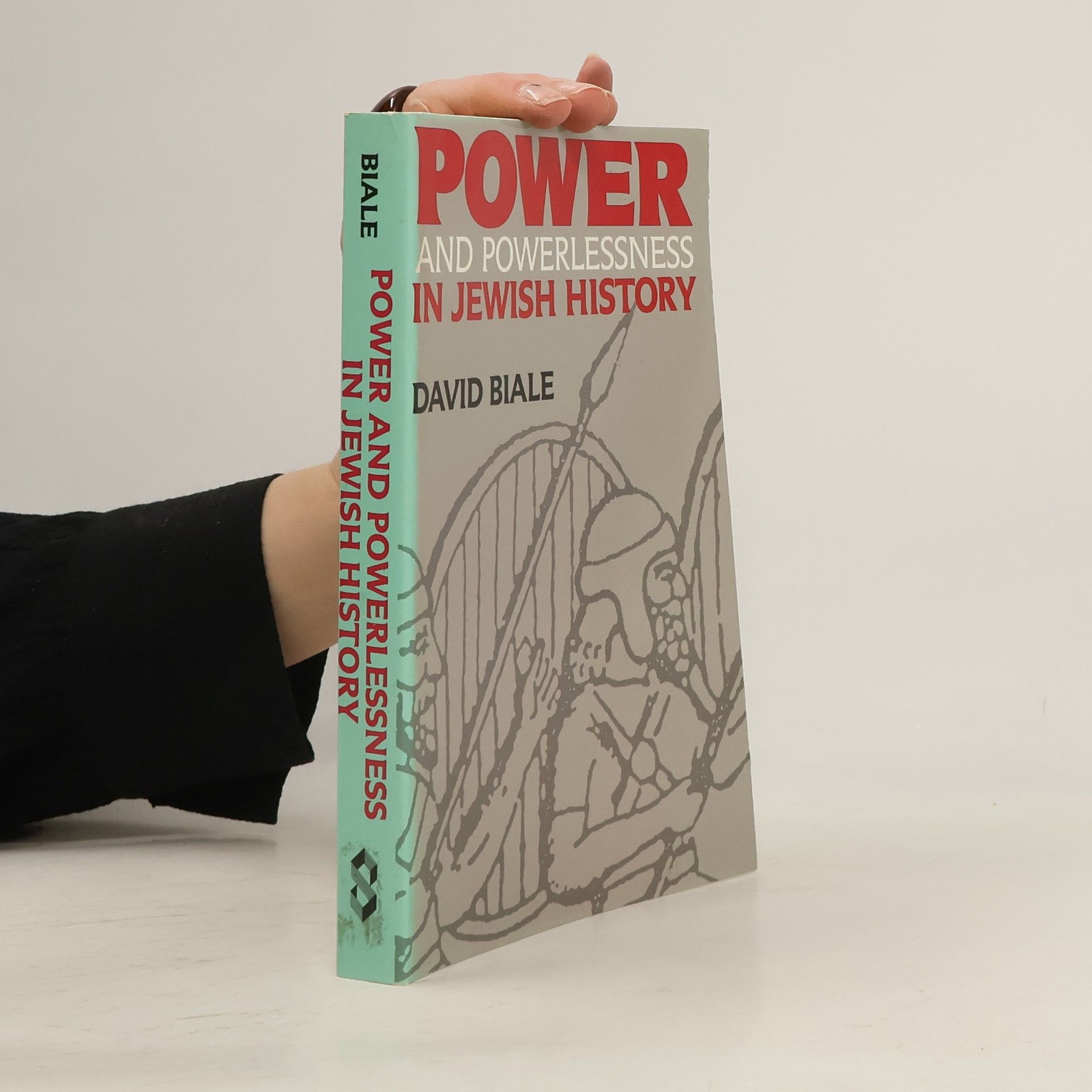Hasidism
- 875 páginas
- 31 horas de lectura
A landmark book - the only one that treats the entire history of Hasidism.-- Gershon David Hundert, author of Jews in Poland-Lithuania in the Eighteenth Century





A landmark book - the only one that treats the entire history of Hasidism.-- Gershon David Hundert, author of Jews in Poland-Lithuania in the Eighteenth Century
A new biography of the seminal twentieth-century historian and thinker who pioneered the study of Jewish mysticism and profoundly influenced the Zionist movement
WINNER OF THE 1987 JWB NATIONAL JEWISH BOOK AWARD FOR HISTORY In this radical reinterpretation of Jewish history, David Biale tackles the myth of Jewish political passivity between the fall of an independent Jewish Commonwealth in 70 C.E. and the rebirth of the state of Israel in 1948. He argues that Jews throughout history demonstrated a savvy understanding of political life; they were neither as powerless as the memory of the Holocaust years would suggest nor as powerful as the as the contemporary state of Israel would imply.
This career-spanning anthology from prominent Jewish historian David Biale brings over a dozen of his key essays together for the first time. These pieces, written between 1974 and 2016, are all representative of a method Biale calls "counter-history": "the discovery of vital forces precisely in what others considered marginal, disreputable and irrational." The themes that have preoccupied Biale throughout the course of his distinguished career--in particular power, sexuality, blood, and secular Jewish thought--span the periods of the Bible, late antiquity, and the Middle Ages to the twentieth century. Exemplary essays in this volume argue for the dialectical relationship between modernity and its precursors in the older tradition, working together to "brush history against the grain" in order to provide a sweeping look at the history of the Jewish people. This volume of work by one of the boldest and most intellectually omnivorous Jewish thinkers of our time will be essential reading for scholars and students of Jewish studies.